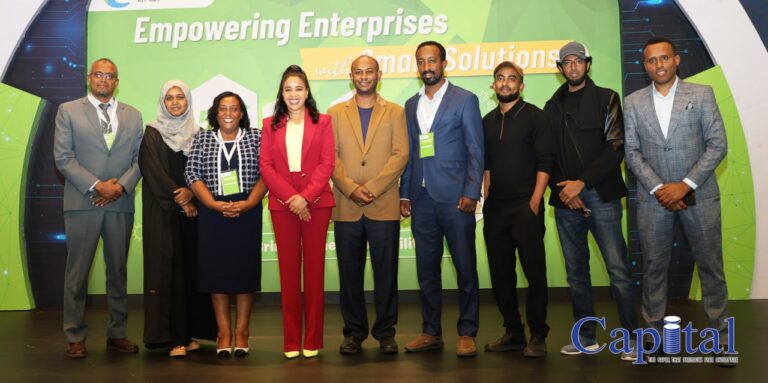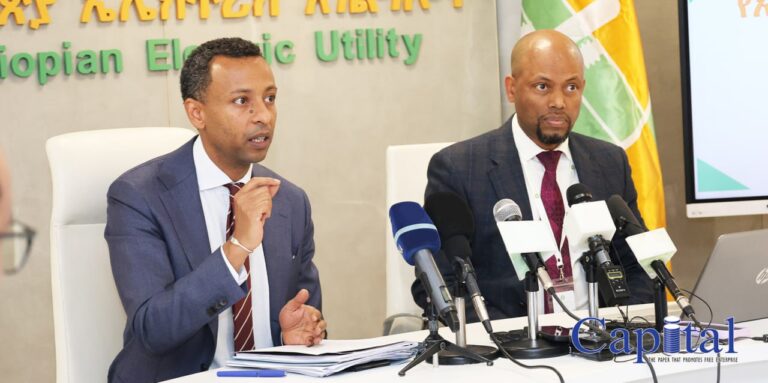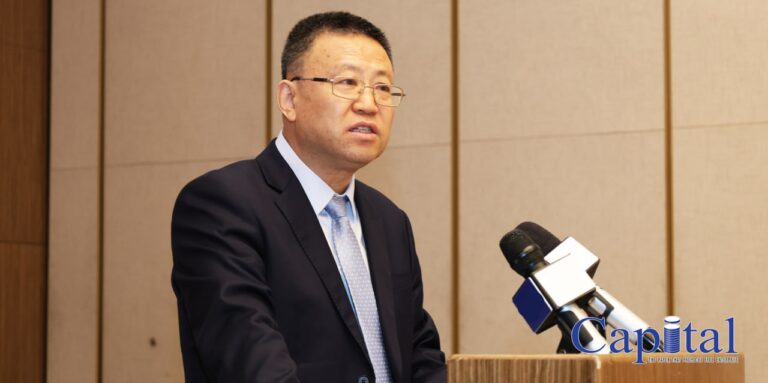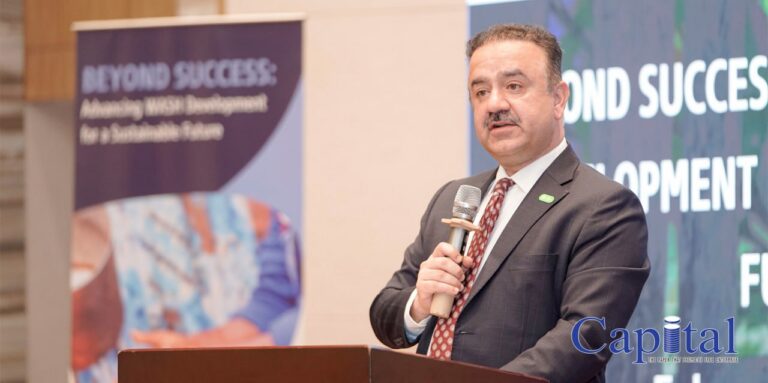Ethio telecom has introduced a series of groundbreaking digital solutions aimed at modernizing and enhancing various sectors in Ethiopia. The company’s latest offerings include a digital cattle tracking system, cloud-based services for enterprise customers, a Tele PTT/V solution for businesses, a core banking solution for microfinance institutions, a learning management system for schools, and a One-Office collaboration platform.
Digital Cattle Tracking Solution
Ethio telecom’s digital cattle tracking solution utilizes IoT technology to monitor livestock in real-time, allowing farmers and ranchers to track the location of their cattle, assess their health status, and access financial services. This innovation is poised to transform the livestock sector in Ethiopia, Africa’s largest livestock resource. According to Frehiwot Tamiru, CEO of Ethio telecom, this solution will improve animal welfare, increase productivity, and enhance financial participation for rural communities.
Cloud Service-Based Digital Solutions
Ethio telecom has also announced the delivery of cloud service-based digital solutions designed to build and modernize the capabilities of enterprise customers and institutions. These services are part of the company’s broader strategy to leverage technology to drive economic growth and development in Ethiopia.
Tele PTT/V Solution
The new Tele PTT/V solution provides fast, reliable, and secure team communication to enterprises. This cloud-based service works on any smartphone on the mobile network, replacing traditional radio systems. It enhances team efficiency, security, and collaboration, making it ideal for industries requiring real-time coordination, such as logistics, security, transportation, and emergency response.

Cloud-Based Core Banking Solution
Ethio telecom has launched a cloud-based core banking solution that empowers microfinance institutions (MFIs) and savings and credit cooperatives (SACCOs) with digital financial instruments. This platform addresses the growing demand for efficient, reliable, and scalable financial management solutions, allowing institutions to streamline operations, enhance customer experience, and engage financially.
Cloud-Based Learning Management System (LMS)
The company has also unveiled a cloud-based learning management system (LMS) that streamlines school practices, enhances connectivity, and transforms the learning experience. This centralized, user-friendly system manages enrollment, academics, administration, and student engagement, integrating school administration, teachers, students, and parents into a seamless digital ecosystem. According to Frehiwot Tamiru, LMS enhances efficiency, ensures transparency, and encourages collaboration, empowering institutions to focus on providing quality education and enhancing student success.
One-Office Collaboration and Productivity Solution
Ethio telecom has introduced a new One-Office collaboration and productivity solution to its customers. This all-in-one digital platform integrates multiple workflows into a single, secure cloud-based ecosystem. It enables seamless collaboration anytime, anywhere, and across devices, providing access to real-time shared resources, automated processes, and intuitive communication tools. Teams can work smarter, stay organized, and speed up decision-making with this solution.











